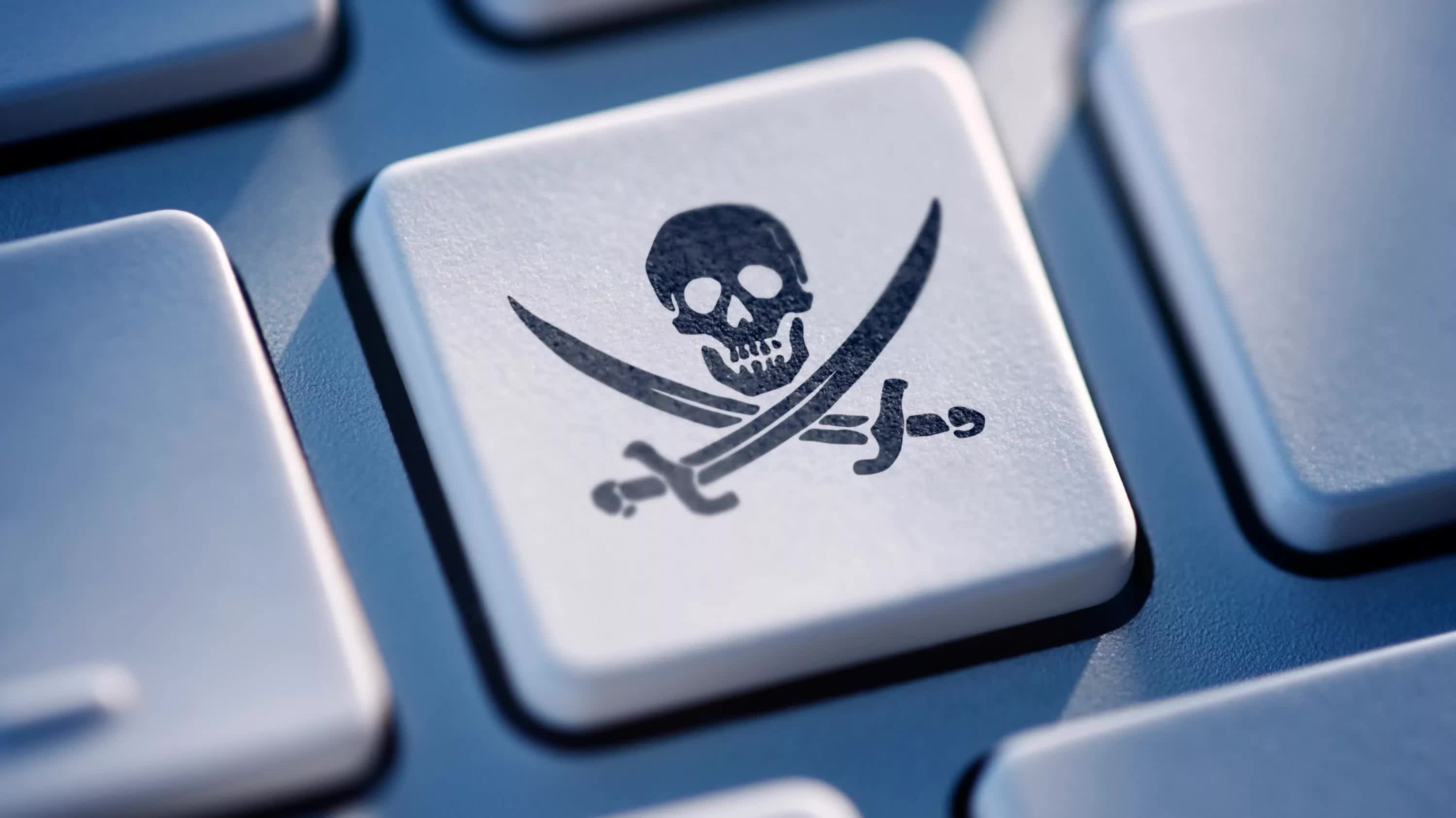The big picture: If the major players in the copyright protection game get their way, ordering internet providers to block access to piracy sites may become a reality in the US very soon. That was one of the main takeaways from last week's anti-piracy symposium organized by the US Patent and Trademark Office.

The symposium brought together prosecutors, industry representatives, and anti-piracy experts to discuss the latest piracy trends and potential solutions. TorrentFreak reports that when it came to new measures, site blocking was heavily pushed as an effective remedy that the US has been lacking.
Part of the urgency seems to be that online piracy has "matured" into an increasingly professional and sophisticated criminal enterprise, according to the experts.
Steven Hawley from Piracy Monitor described it as a "multichannel, multilevel industry, multinational phenomenon," where aspiring pirates can easily access "Piracy as a Service" tools to get up and running with sleek platforms and delivery systems.

Marissa Bostick from the Motion Picture Association (MPA) noted that this increase in piracy professionalism has gone hand-in-hand with a shift toward more paid piracy services like Magis TV's IPTV offerings. Moreover, these pirates are operating more openly, according to Bostick, even going so far as to advertise their services on billboards and apply for trademarks.
With such an evolving, lucrative, and brazen piracy landscape, the copyright holders understandably want stronger tools to fight piracy on US soil. Site blocking seems to be their preferred next step.
Lui Simpson from the Association of American Publishers echoed this sentiment, saying the US is "lagging far behind" other nations on this issue after the failed SOPA effort in 2012.
Of course, a US site-blocking system would need to be carefully implemented to avoid overblocking legitimate sites, an issue that has plagued Italy's controversial "Piracy Shield." There are also concerns about pirate sites resurfacing under new domains after being blocked.
But Bostick insisted that the MPA has over 10 years of global site blocking experience to draw from in order to "move forward" with a balanced and effective solution that can nimbly adapt to pirates changing domains.
She added that her group has seen site blocking work successfully in over 50 other countries so far, including major markets such as the UK, Canada, Australia, and Germany. She's hopeful site-blocking legislation could move forward in the US with bipartisan support.
US copyright groups push for internet site blocking to combat piracy